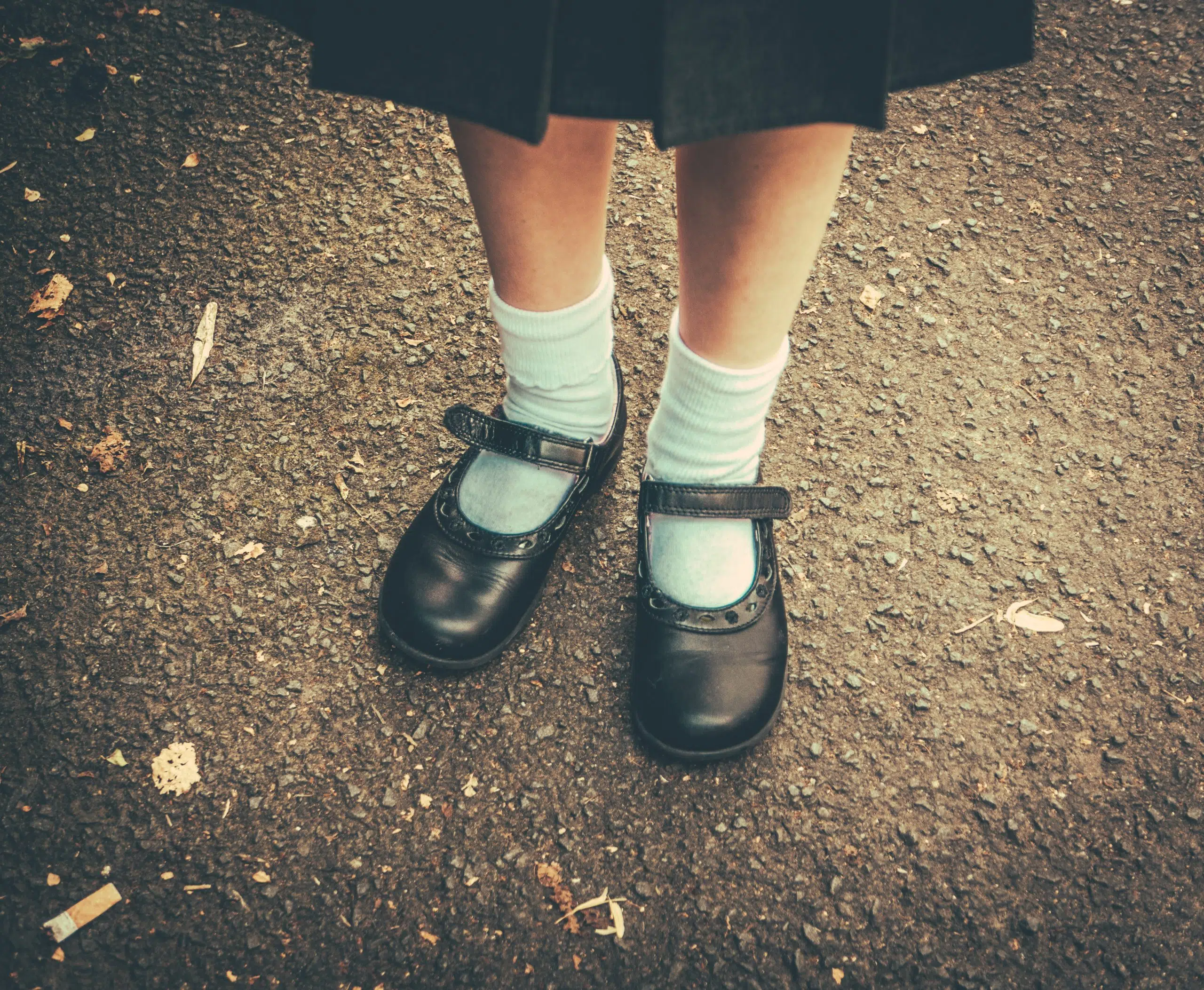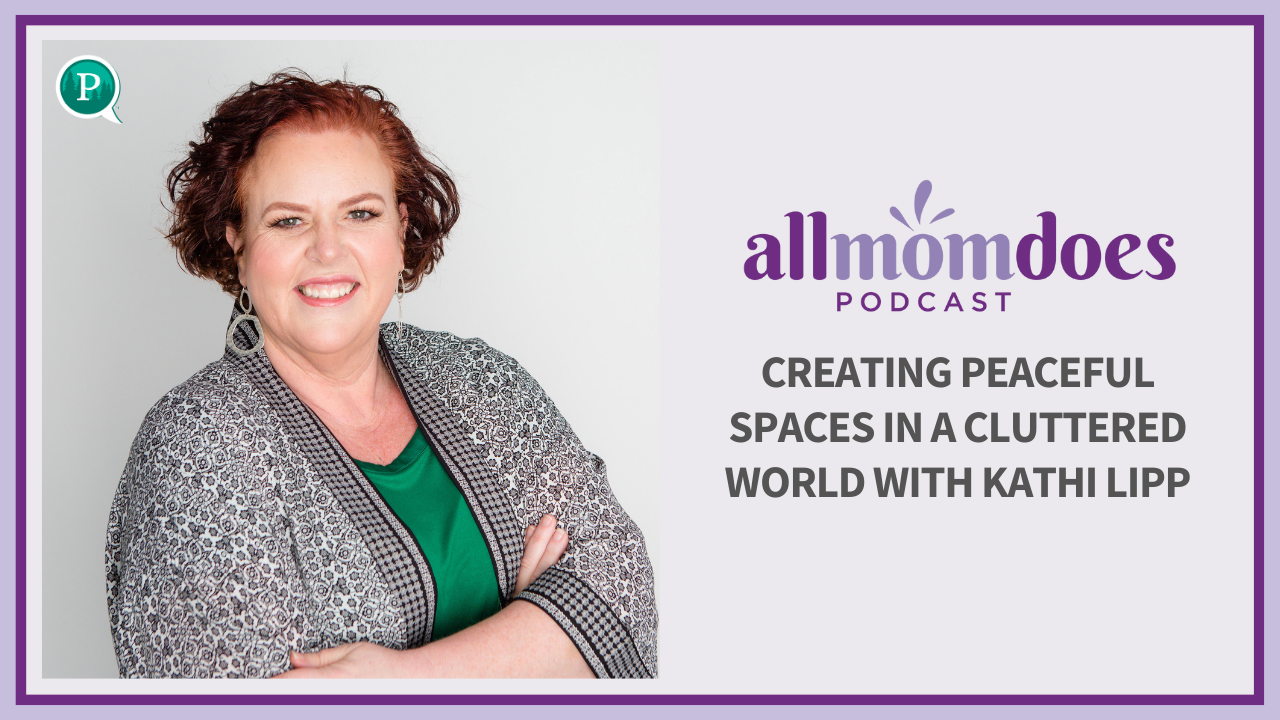Her name was Leslie and she was different, a little “off” by our fourth grade standards. She seemed to live in a world of her own.
Fourth grade was an important time. It was a time when peer groups were being established. Sadly, the days of being one big, happy group were coming to an end and we all felt the stress of not being labeled as “weird” or as an outsider.
I already had a few strikes against me. I was taller than almost everyone in my class (including the boys). I was painfully shy and had glasses and a mouthful of silver braces. My daily goal was to keep from doing anything that would draw any more negative attention to myself.
And then, one fateful day the teacher made a new seating chart. She called out each of our names and pointed us to our new desk assignments. There was celebrating when someone got a good seat-partner and moaning if they were stuck with someone they didn’t get along with. But, what everyone dreaded the most was to be put next to Leslie.
I was one of the first to be moved to another desk and I sat alone waiting to see who my seatmate would be. One by one, my classmates were led to their new spots and still the seat next to me stayed empty. My heart sunk when I realized that Leslie was the only student left. And, sure enough, Leslie was pointed to the seat next to mine.
I wanted to cry as the entire class looked at me with a mix of pity and derision. I knew in that moment that my teacher hated me.
I was hurt and angry and I decided that I wasn’t going to tolerate any of Leslie’s idiosyncrasies. When she started to wander from an assignment, I pointed to her paper and told her to keep working. When she tried to copy from my paper I repeated the teacher’s instructions and told her to do her own work. And, when she was doing something socially annoying, I explained the social rules to her in a crabby voice.
I could feel the teacher’s eyes on me. Served her right. She hated me anyway.
After a few months, it was time for a new seating chart and I was ecstatic. I had paid my penance and now I could move on. Once again, we were pointed to new desks. I got a prime seat next to the window. Maybe the teacher felt bad about what she had done to me. And then, it happened again! She moved Leslie right next to me.
There was now no doubt in my mind, my teacher really hated me.
I became even more of a taskmaster to Leslie. My days were filled with giving her instructions on chewing with her mouth closed, cleaning up her own messes, doing her own work, and being normal.
When parent/teacher conference time rolled around, my mother (always a controversial figure) decided that she was going to march into the meeting and tell my teacher that I thought she hated me. I was mortified.
My mom returned home an hour later with tears in her eyes. She told me that the teacher said that she had moved Leslie next to me because she saw something in me that she felt could help Leslie. She said that Leslie’s parents were shocked at her development. Never before had she made such strides, no matter what they had tried.
I do not exaggerate when I say that I felt my heart break a little. Everything I thought I knew was turned completely upside down in a single moment. My teacher didn’t hate me. Sitting next to Leslie was not a punishment, it was an honor.
Initially, I felt pride. Pride that the teacher chose me to help Leslie. But, that pride was quickly replaced by guilt and shame. For, in no way, shape or form could I have been considered a “cheerful giver.” Sure, I may have helped Leslie in concrete matters, but how could I have helped her if I had happily served her?
Shortly after the conference my teacher announced that she was making a few changes to the seating chart. She only moved two students and one of them was Leslie. I suppose the teacher felt bad that I thought she didn’t like me. Or, maybe she figured sitting next to Leslie was too big a responsibility for one student to handle for an entire year.
Whatever the reason, my reaction surprised me.
I missed my funny little table-mate. I missed her crooked smile and her desire to please. I missed the pure joy she showed at the tiniest of things. I missed how hard she tried at each task and the way her face lit up when she saw me. I missed her.
It humbled my fourth grade heart to find that while I thought I was teaching Leslie the important lessons in life, she was in fact teaching them to me.
I’ve told Leslie’s story many times over the years. I’ve shared it with my kids when they were dealing with classmates who didn’t quite fit in. And, I will most likely share it with my grandchildren too. But, I use it most often as a reminder to myself that things aren’t what they seem to be on the surface, and neither are people.

















